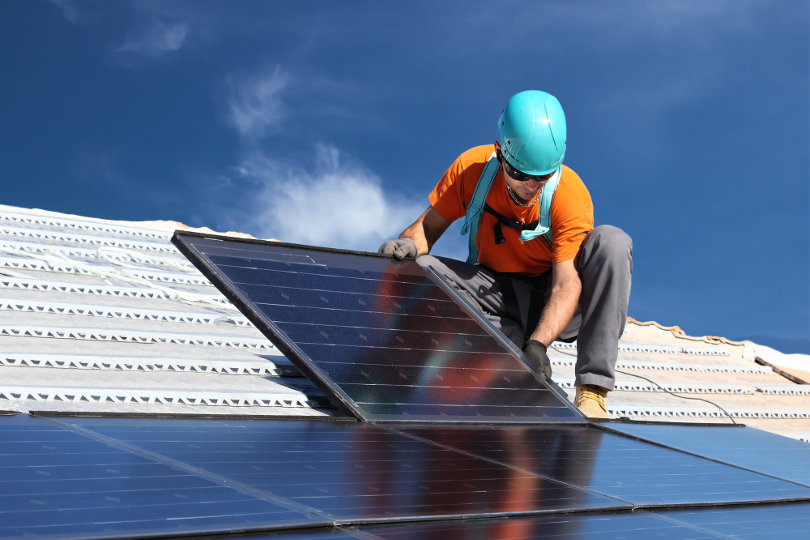As the world continues to prioritize environmentally-conscious practices, the entertainment industry has been stepping up efforts to incorporate sustainable building materials and technologies in their facilities.
With the potential to significantly reduce energy consumption and increase efficiency, these practices are becoming increasingly popular.
1. Sustainable Building Materials
Using sustainable building materials is an essential aspect of creating environmentally-conscious entertainment facilities. Materials such as bamboo, recycled plastic, and reclaimed wood are just a few examples of sustainable, eco-friendly materials. These materials provide the same functionality as traditional building materials while significantly reducing the carbon footprint of the facility.
2. Energy-Efficient Lighting
Energy-efficient lighting is critical in reducing energy consumption in entertainment facilities. LED lights are an excellent example of energy-efficient lighting, providing the same levels of illumination as traditional lighting while using up to 90{1652eb1ffa4184925f6a63a9c04ea6b421acb7a78117241e7d4325cdca8339fa} less energy.
In addition, Switching to motion-activated lighting in low traffic areas and implementing a smart lighting system throughout the facility can further reduce energy consumption.
3. Roof Solar Panels
Roofs of entertainment facilities provide ample space for solar panels installation. Solar panels generate clean energy from the constant supply of sunlight to power entertainment facilities. The installation of roof solar panels improves efficiency and energy savings over time.

4. Bicycle Carts
Bicycle carts, such as the book bike, are functional and eco-friendly, easily replacing gas-powered vehicles for certain tasks. For example, they can be used to transport equipment and materials around the facility, operate pop-up stands or for employee transport for short distances. The book bike, for instance, is an ideal tool for distributing promotional materials, thus saving energy and minimizing carbon footprints.
5. Dock Ramps and Plastic Injection Molding
When it comes to sustainable facility construction, dock ramps and plastic injection molding play a crucial role. These processes use eco-friendly materials to create dock ramps and other equipment for sustainable and practical solutions for entertainment facilities’ logistics functions. Dock ramps can be used to move materials and equipment off docks quickly, reducing wait times, and improving logistics.
The use of plastic injection molding in China, which engages in manufacturing new materials, creates a wealth of options when considering sustainable building materials.
Conclusion
Incorporating sustainable building materials and technologies in entertainment facility construction has numerous benefits, both environmentally and financially.
From the use of sustainable building materials like bamboo and reclaimed wood to the installation of roof solar panels and energy-efficient lighting, sustainable materials and technologies can create tremendous energy savings. Furthermore, the incorporation of bicycle carts can reduce energy consumption by replacing gas-powered vehicles for short distance transportation and logistics.
